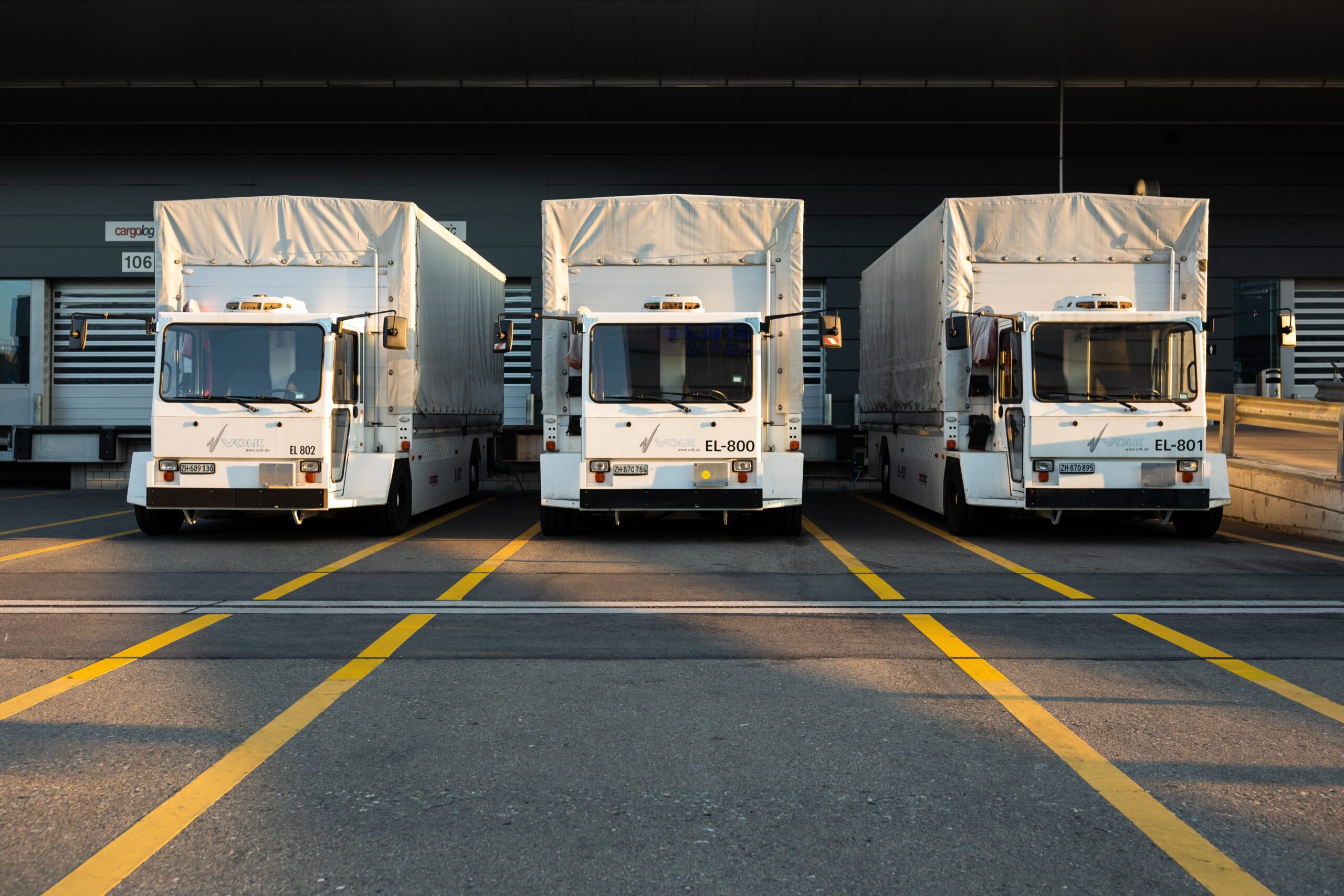Also known as dry van trailers or box trailers, dry vans are the most common trailers for shipments. It is a semi-trailer with a fully enclosed cover to protect your freight from outside elements. Since dry vans don’t have temperature-controlled features like reefers and refrigerated trailers, they mainly carry non-perishable palletized, boxed, and loose freights.
They are widely used for local and nationwide freight transportation due to their easy availability, safety features, and other benefits.
If you are looking to book a dry van, you must know these shipping facts and ultimately decide where dry vans are the suitable trailers for you.
7 Shipping Facts about Dry Van Trailers
Dry Vans are designed for carrying non-perishable goods
As mentioned earlier, dry vans don’t have temperature control features, which makes them only eligible for transporting non-perishable goods. They can be best described as rectangular boxes on wheels with doors.
Dry Vans are versatile for transporting shipments
Dry vans are best fit for moving non-perishable goods like dry food, beverages, household goods, clothing, plastic, and building products. They are quite spacious and can hold larger items as well. Since they are widely used across the country, you won’t have to worry about a permit. For instance, if you need to move goods from Chicago to New York, you can easily contact a dry van trucking company in Chicago to get you one.
Dry vans are incredibly secure
Dry van trailers come with enclosed boxes and doors that protect your freight from bad weather and other possible damages. They are widely recommended for transporting weather-sensitive goods. Since you can lock the door, it also prevents cargo theft.
Dry vans give you more diverse options
A standard dry van truck comes with 53 feet in length, 8.5 ft width, 9.2 ft internal height, and 8.6ft door height, which can haul up to 45,000 pounds of cargo or 26 standard pallets. You also have options with 28ft trailers and straight trucks with 24ft lengths. You also have options in terms of the quality of the trucks. Some trailers are made from galvanized steel, iron, hardwood, or aluminum; you can choose a trailer that goes with your cargo.
Dry vans often remain in high demand
A dry van trailer is a highly demanded transportation medium for freight shipping in the USA. This usually causes a capacity crunch, especially during peak seasons. As a result, the chance of booking a dry van at the last moment can be a challenge for shippers. However, this problem can be solved by contacting a reputed transportation company in the area.
Dry vans have hardwood flooring
Dry vans come with hardwood floors, which helps bracing the freights with blocks and nails. This helps lower the chances of movement and collision of containers or goods while driving in rough terrains and harsh weather.
Dry van trailers are available for full truckload and LTL freight shipping
Dry vans are used for full truckload and LTL shipments. Full truckload shipment is when you book the whole trailer for transporting goods. In events you have a minimal number of goods to move, it is not economically viable to book an entire trailer. This is where LTL shipments can help. With LTL shipments, you only pay for the space your goods will cover in the dry van.




